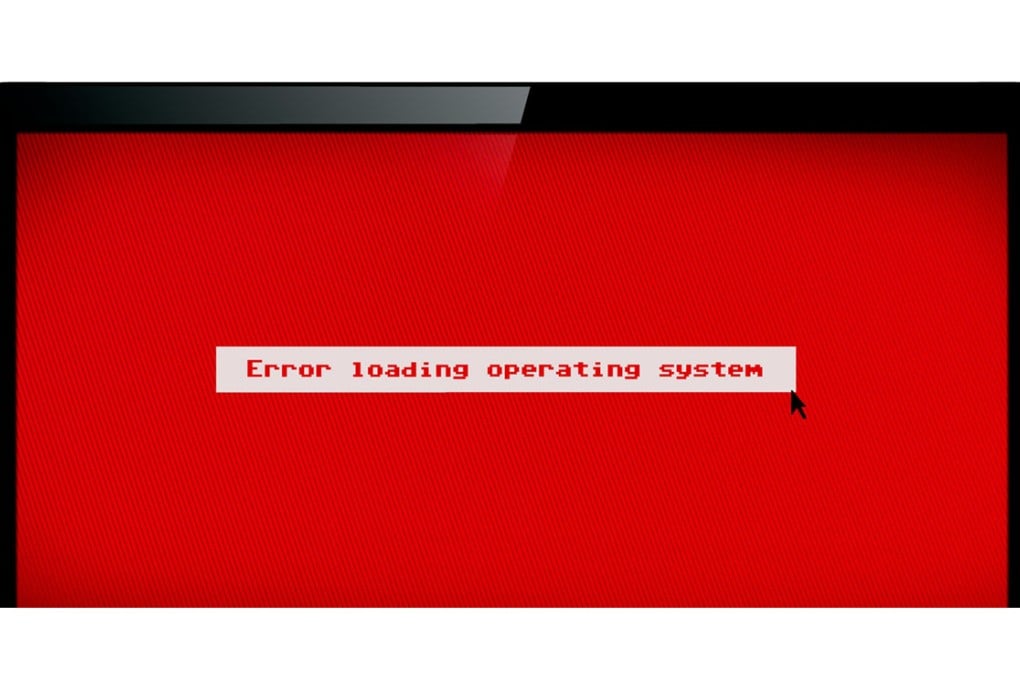Chinese operating system? Still searching ...
Demise of one of China's largest creators of computer operating systems shows where it's all going wrong for dreams of a home-grown Microsoft

China had great faith in the Red Flag Software Company, one of the nation's largest developers of computer operating systems.
Established by the powerful and prestigious Chinese Academy of Sciences (CAS) in 2000, the company produced the Red Flag Linux operating system. The Beijing company never achieved more than 10 million yuan (HK$12.6 million) in annual revenues. So the government subsidised it, hoping that the system would take off and free the nation from relying on the United States-made Microsoft.

It wasn't just the money. Red Flag's product's failed to thrill consumers. The Chinese people, it seemed, favoured proven systems like Microsoft over a weaker national brand. "It is difficult to say whether I like or hate Red Flag," said a government software engineer in Beijing who had been using the system for a time. "The team definitely made some progress, but most ordinary users would not be impressed," he said, declining to be named due to his job's sensitivity.
"Using the system was like riding a bicycle on [a ring road]. It was politically correct, even cool sometimes, but quite exhausting - and always lonely."
The bankruptcy appears to have been unexpected because the central government had recently renewed a push to install home-grown operating systems on domestic computers. The Communist Party has been busy expressing frustration about the high cost of foreign technology and investing billions of dollars to develop its own phone, encryption and software industries.